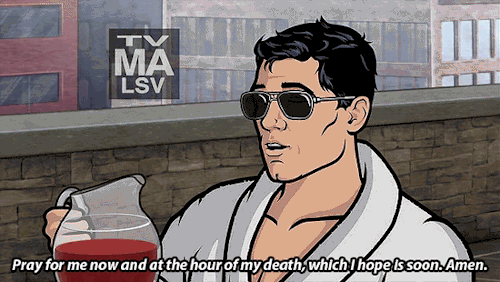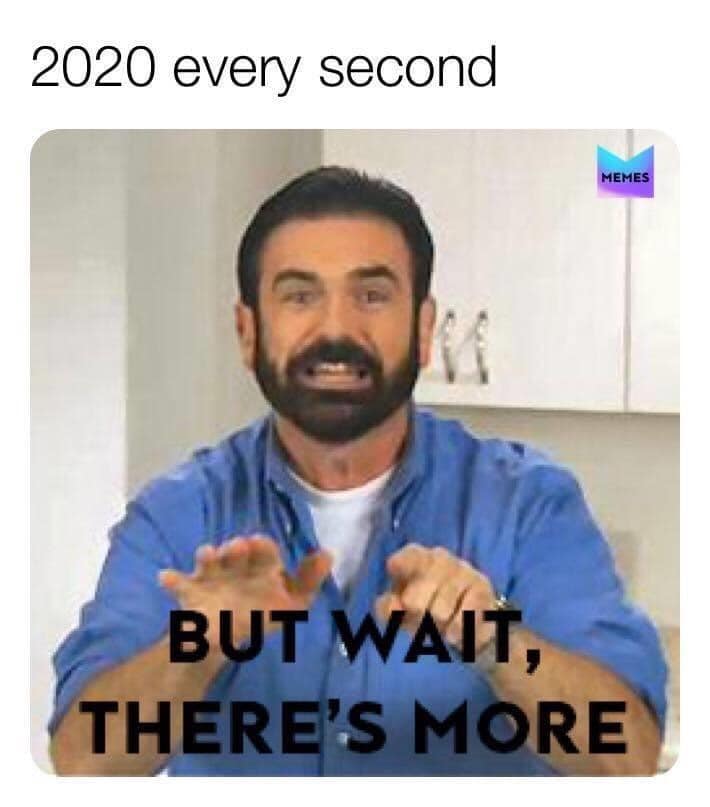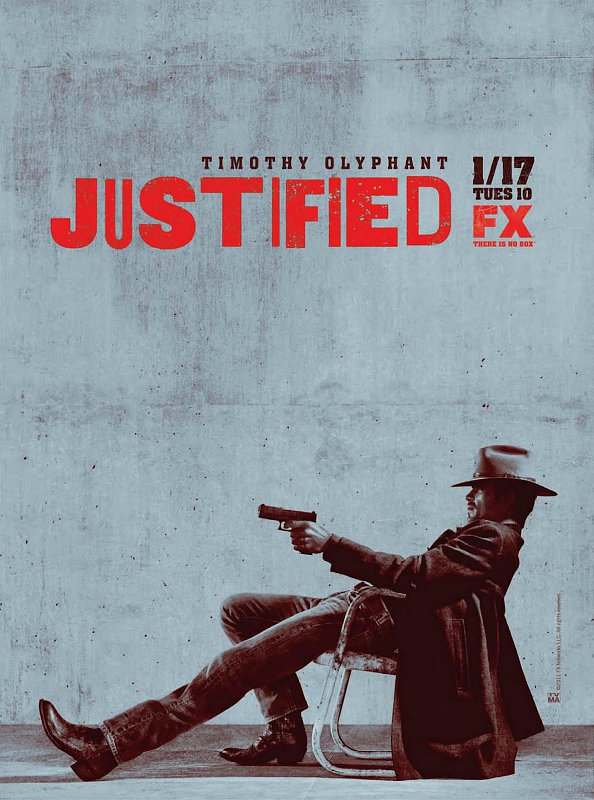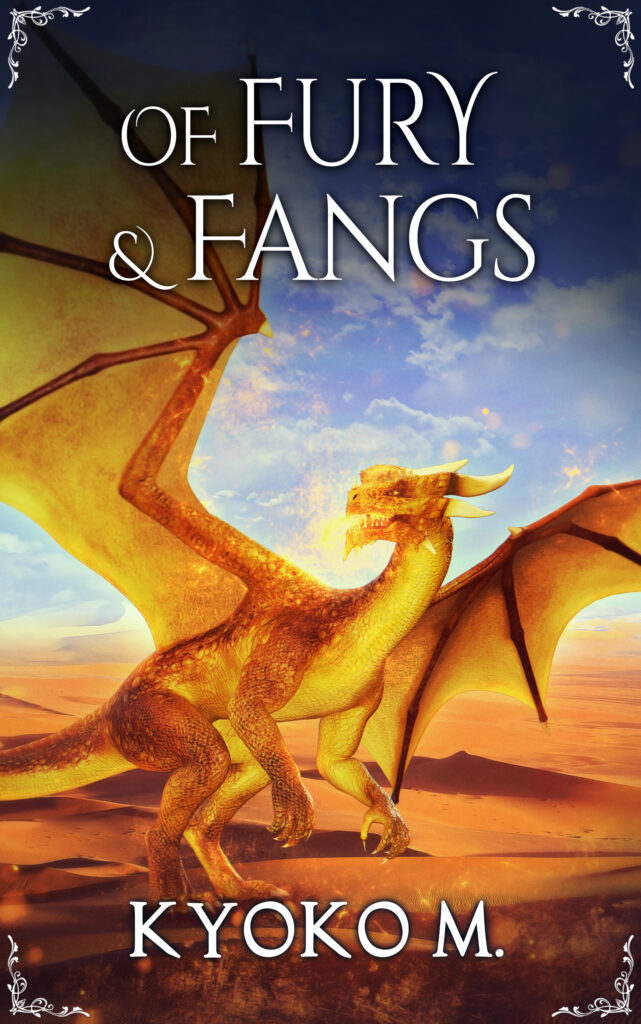“What’s it like being a self-published author?”

So. 2020, amirite?

The most that I can say is at least we’re still here. I know that these annual posts recap 2019 through the current date, but woof. It’s hard to for me not to talk about the first half of 2020 while discussing the time between now and my sixth year post. And hell, we thought 2019 sucked. We had no idea, did we?
Sadly, thanks to the pandemic, I don’t have a cute pic of me hugging any celebrities. 2019, as mentioned above, was an unkind year to me, same as most people. I did manage to catch up with Charlie Cox and get my Playbill to Harold Pinter’s Betrayal on Broadway signed, but Mr. Hiddleston stood me up this time around and that is a summary of 2019 and 2020 in a nutshell: me, standing outside in the freezing cold, staring at a door that won’t open, my dreams held within it. Melodramatic, but true.
Well, you’re not here for my open wounds, you’re here for what semblance of advice that I can give you, so let’s get to it, shall we? Here’s what I’ve learned in my seventh year of being published.
Expect the unexpected. I know it’s impossible, but there is a lesson to be learned here for 2020 throwing everything at us but the kitchen sink. You can’t prepare for everything, but you can learn how to adapt to an unprecedented situation. No one thought we’d end up where we are now, but in spite of that, those of us who have survived are still here and doing our best to stay afloat. No one ever wants to find out what they’re made of in a worldwide plague scenario, but it’s here and so we’ve all had to tighten our belts, toughen up, and support each other as best as we can.
This sentiment is to remind yourself to appreciate what’s in front of you, for you have no idea what’s coming. All you can do is try to build a foundation that will remain standing when the world winds up a brick and hurls it at you. You have to keep an open mind and be ready for change. Sometimes it’s voluntary change and other times it isn’t. Identify the best way to proceed and set a new course. It’s alright to mourn the things you lost along the way, but nothing kills you faster than refusing to let go. Trust me, I know that from personal experience.
Try to work by your own standards. This past year, someone started a hashtag on Twitter that was about how much published authors make and it was extremely eye-opening for many people, both those in the industry and those outside of it. Truth be told, the publishing world does not like to accurately portray itself to the rest of the world. That hashtag revealed that a lot of us are just tiny fish in the pond, desperately searching for breadcrumbs. There are far more of us who grind out books and cannot support ourselves on writing full time than the reverse, but that’s not what the publishing world wants you to think. They want the world to see us as Stephen King’s, thinking we make money hand over fist.
It’s tough to find the motivation to spend hours writing if your sales suck. That’s the hard truth of the matter. Many of us are busting our asses to make good fiction and still see little to no results. The other truth of the matter is that we’re holding ourselves to an unfair standard. We see these big names raking in the dough and try to match their sales when it’s not realistic. Sure, it would be wonderful if everyone sold millions of copies and secured movie deals with creative control, but it’s not going to happen for a majority of the writing world, both traditional and independent/self-published. That’s the cold, hard facts.
So now what do we do?
Find your spot and plant your feet.
It’s okay if you’re not making thousands of dollars a month off of your fiction. It’s wonderful if you are, but the numbers say that most of us aren’t that fortunate. Instead, focus on what you ARE able to accomplish instead. Break your goals down into something more achievable and take it a day at a time. Often what prevents us from writing or being productive is that impossible standard hovering over our heads and you have to kick it to the curb. Find goals that satisfy you and do your best to meet them as often as possible. At the end of the day, your opinion of yourself and your work is the most important, not that of everyone else’s. They aren’t in your situation, so it’s fruitless to wring your hands trying to emulate them.
Change is scary, but sometimes unavoidable. Some of you may already know, but I originally finished the first draft of my upcoming fourth novel in the Of Cinder and Bone series, Of Fury and Fangs, in early 2020.
And I hated it.
Really. I’ve never hated anything I’ve written before. It was a strange feeling for me to pick it up and slam it back down, sure that it was the worst trash to disgrace the face of the Earth.
I took some time off. I worked on my mental health and managed to get a handle on the fear and anxiety, and then consulted my writing sensei with my problem. He was thankfully able to help me reaffirm what was wrong with the book and helped me develop a strategy to fix it.
And again, that had never happened to me before.
Sure, I’ve hit walls. I’ve had long periods of not writing. But I’ve never written what I felt was a bad story, or rather, written a good story incorrectly. This time, oh yeah, I totally did. I think that the stress of the 2019 to 2020 period had gotten to me and so I was pushing myself to write when I didn’t quite have everything together. I was pushing the wrong angle, so I had to regroup and understand what was needed to fix it. At the time of this post, the revisions for the second draft are roughly half done and the book’s pre-order is live, so I’ll have everything ready by the release date.
Still, this was one of the first times I had to admit my own failure and take things back to the drawing board. It’s also a byproduct of this series being so different from The Black Parade series, which for the most part was planned from A to Z. I knew the plots, but all the things in between were genuine surprises. Of Cinder and Bone was much more off the cuff for me. The stories generate themselves out of thin air rather than being so carefully planned. It may be why I was off the mark in the original draft, but thankfully, I wasn’t so off that I had to destroy most of the book; just retool it and save some of the content for later.
What did end up taking me so long was my own stubborn refusal to admit the first draft sucked. Or, rather, to be brave enough to find a way to fix it. I definitely wanted to give up on the book at a few points, but slowly, I regained my confidence and went after it.
Naturally, most experienced writers know this is totally possible and prepare for it, but to any newbies out there, this is a terrifying feeling. It’s okay. Sometimes you just have to get it on the damn pages and then worry about fixing it later, when you have at least a teaspoon of your sanity back.
Reflect carefully and as often as possible. It’s no surprise that with the pandemic, unemployment is as high as it was during the Great Depression and everyone’s miserable, scared, and broke for the most part. As a result, pretty much across the board, everyone’s struggling to make money. My June sales were sadder than Requiem for a Dream. Well, unfortunately, writing is the same as most businesses: you have to spend money to make money. I’ve had to get awful creative in my attempts to promote Of Fury and Fangs without breaking the bank. Keep in mind, just blitzing social media with links and photos doesn’t work. Don’t believe anyone who says it does. You have to do better than that, as the average person’s ability to simply filter out advertisements on the Internet is very developed by now.
While doing so, I happened past some of my older methods of marketing and promoting, using free or low cost options like digging to find sites that let you post for free or writing guest blog posts. While time consuming, it is helpful for the overall SEO for the book in its early stages to spread the word. It’s not all about mailing lists and expensive site postings. There is value in doing the small stuff that can add up over time to get your work out there to people.
Is it a pain in the ass to produce more content like author interviews or guest blog posts? Totally. But it’s just as valid as the other methods as long as it’s allowing your further saturation. It doesn’t matter how you get yourself into a reader’s vision, just that you get there and reach them in a meaningful way.
Be good to yourself and to others as much as you can. This should be a no-brainer, but it ain’t. Especially not for me. I am my own worst enemy. Always have been, always will be. However, therapy has helped me recognize the impulses that I have to treat myself poorly and while I’m still doing it, the awareness means that I have a chance to do better.
The pandemic has made a lot of us realize that many of the things we used to do to decompress or find happiness are no longer possible. That means doing a bit of soul-searching and finding alternative ways to be at peace, or if you’re lucky, happy. It’s unfair and extremely difficult, but it’s worth doing for overall mental health. To that end, many authors have been stressed out thinking that they should be writing some magnum opus during quarantine. That’s simply not true. It’s okay to just get by. You don’t have to become some award winning author and write the next great novel. The most important thing is to keep your head above water, which does not happen if you’re constantly yelling at yourself for not writing. 2020 is ungodly stressful. If you find a way to weather the storm, go with that. It’s great if you can also help others. Give yourself a break.
After all, 2020 sure ain’t gonna do it for you.
Well, that’s all the time I have this time around. Sisyphus has got to get back to pushing her boulder up the mountain. I hope I’ll see you guys back this time next year. For God’s sake, be smart, be careful, and be diligent. Here’s to seven years.

